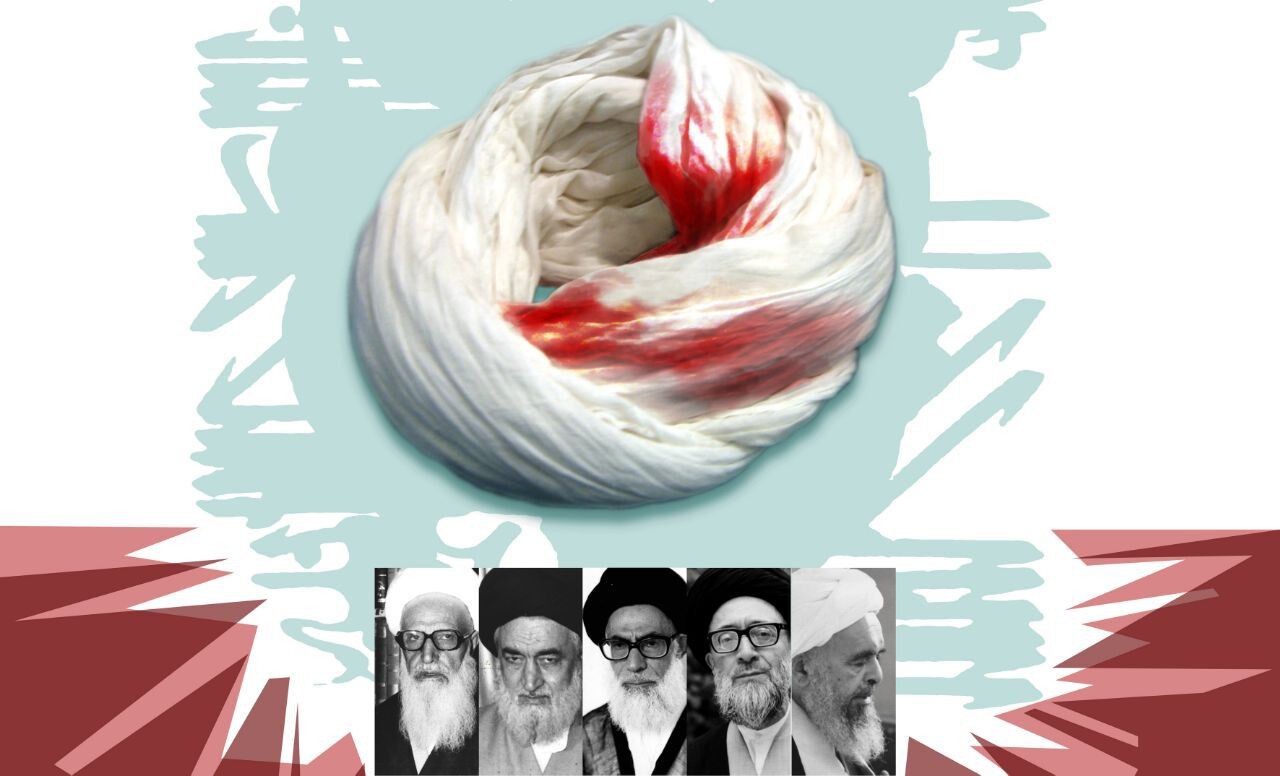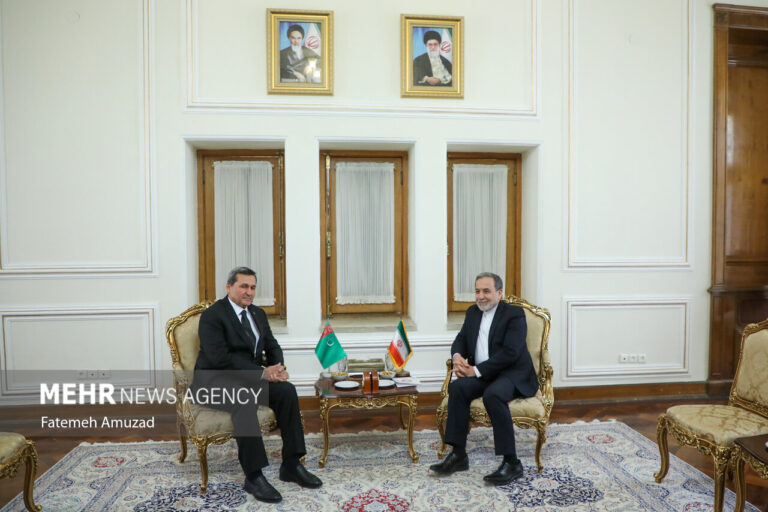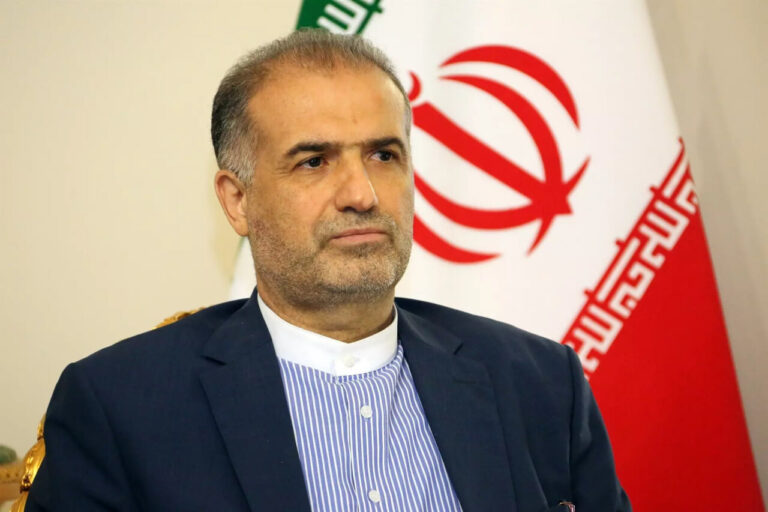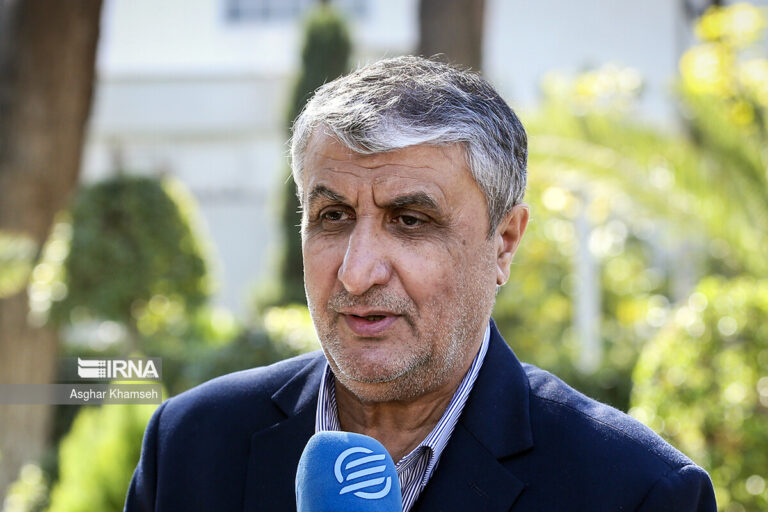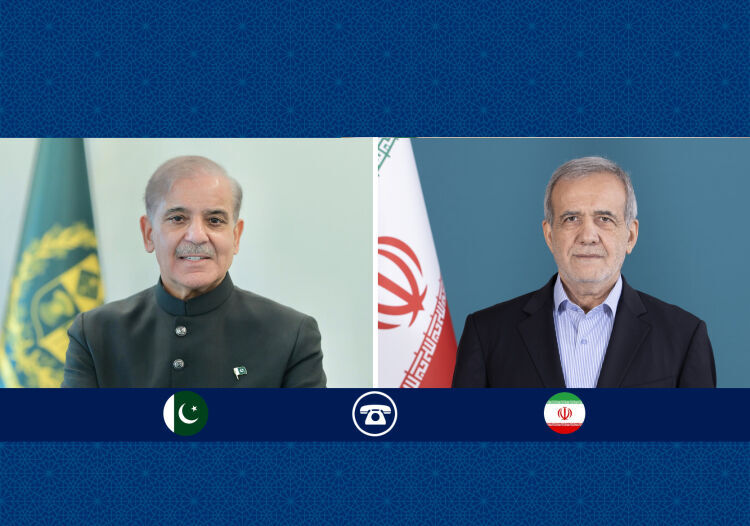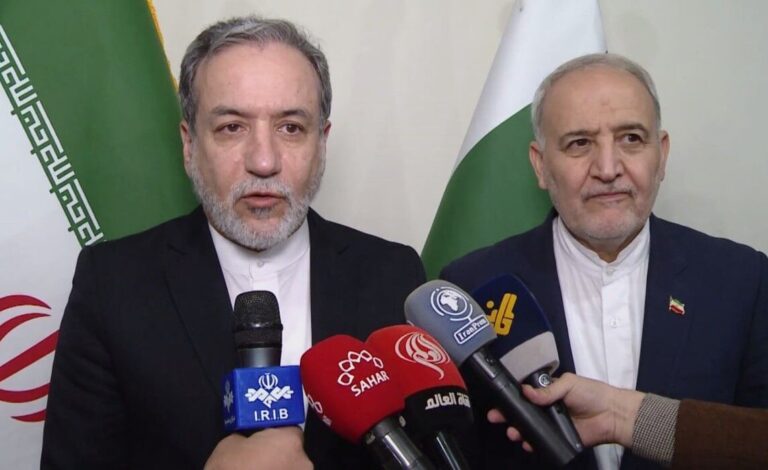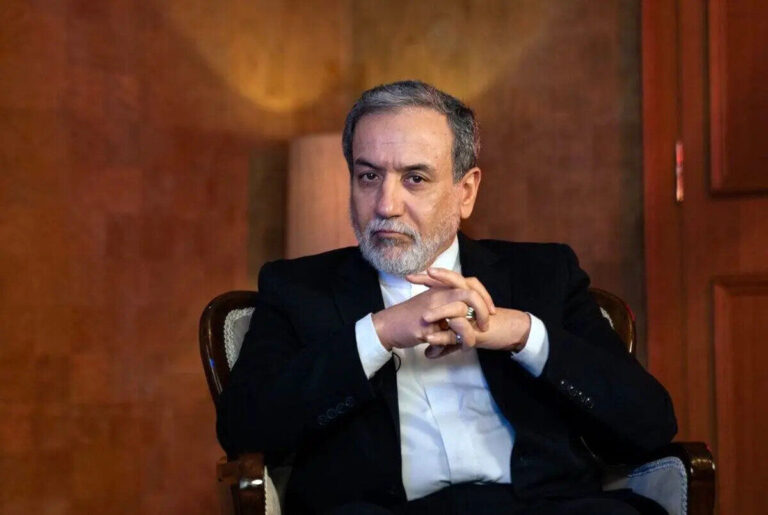Islamic Scholars Warn: Unmasking the Threat of Counterfeit Islam
The International Day for the Prevention of Violent Extremism, recognized on February 12th, aims to highlight the global need for collaboration in combating terrorism. Established by UN Resolution 77/243, this day not only stresses the importance of international cooperation but also underscores the significant role of religious leaders in addressing ideological distortions that lead to violence.
In today’s world, where extremist groups frequently misrepresent divine religions, religious leaders serve as essential figures in clarifying the authentic teachings of their faiths. Just as counterfeit products infiltrate the market, misinterpretations of religious texts have proliferated throughout history, particularly within the Islamic faith.
Key points to consider include:
- Following the Prophet Muhammad’s passing, distorted interpretations of Islam emerged, leading to the formation of various sects.
- Historical misinterpretations have repeatedly fueled the rise of violent extremist groups, who often justify their actions through misquoted scriptures.
- The aftermath of colonialism, especially post-World War I, created an environment ripe for extremist ideologies to flourish.
- Colonial powers exploited resentment among Muslim populations, using distorted interpretations of Islam to validate violence.
Understanding the true essence of Islam, characterized by peace and justice, is vital. Unfortunately, extremist factions have manipulated this message for their own ends, promoting a violent image of the religion.
For nearly a century, these misinterpretations have acted as a detrimental force within the Islamic community, leading to division and suffering among its members. The Islamic Revolution in Iran aimed to project a progressive image of Islam, yet it faced backlash from extremists who misinterpret Islamic teachings to justify their acts of violence.
Historically, those advocating for a moderate interpretation of Islam have been targeted. Notable martyrs from both Shia and Sunni backgrounds have dedicated their lives to promoting a rational understanding of Islam, illustrating the widespread consequences of extremist ideologies.
It is crucial, especially in a world rife with organized violence, to discern between authentic and distorted interpretations of religion. Religious scholars hold a vital role in disseminating true teachings and countering extremism. By encouraging interfaith dialogue and fostering a culture of peace, these leaders can significantly contribute to the prevention of violent extremism, paving the way for a more just and equitable world.
* Habilian Association is a human rights NGO that represents the Iranian families of terror victims.
(The views expressed in this article do not necessarily reflect those of IRNA or the administration of President Masoud Pezeshkian.)
